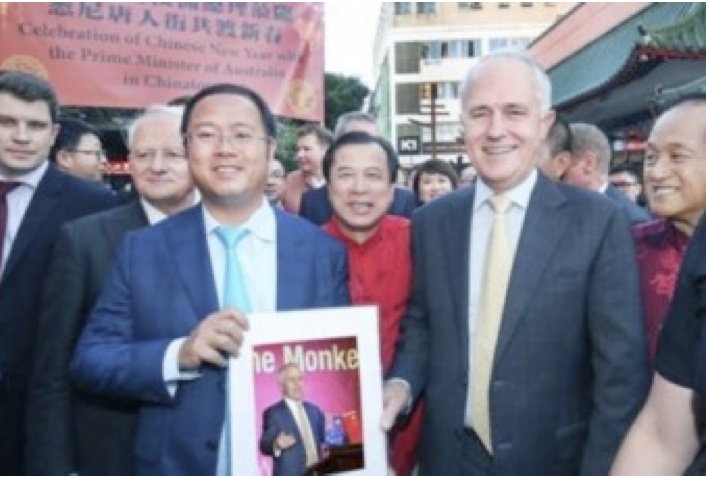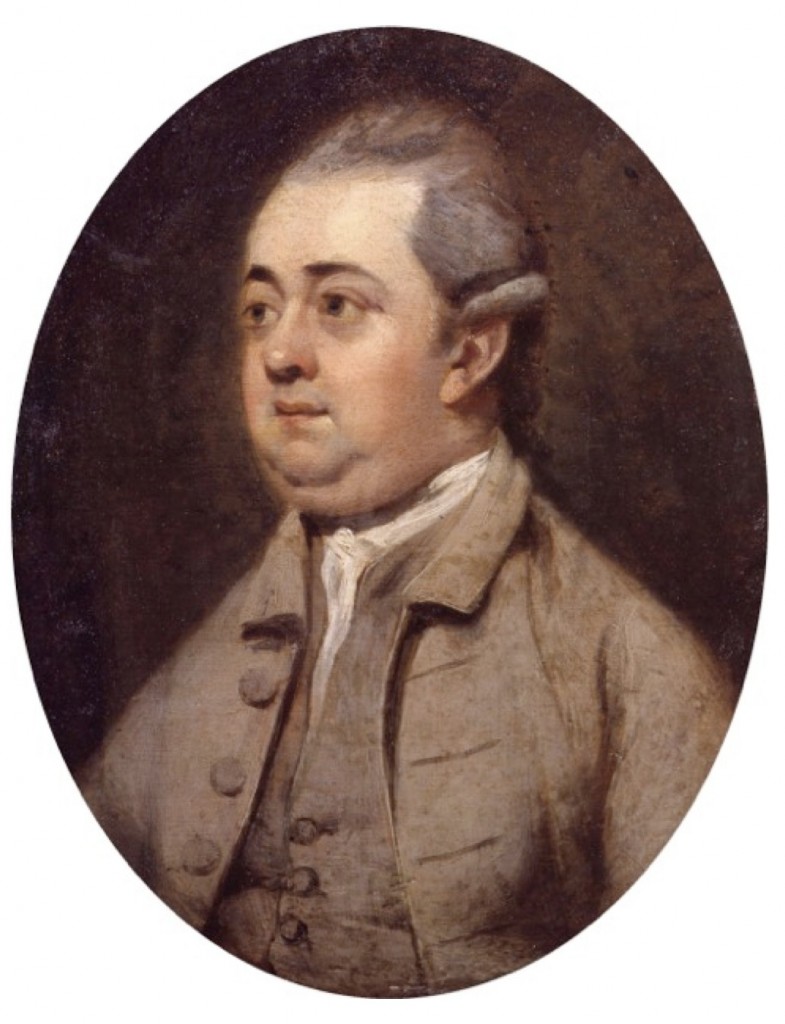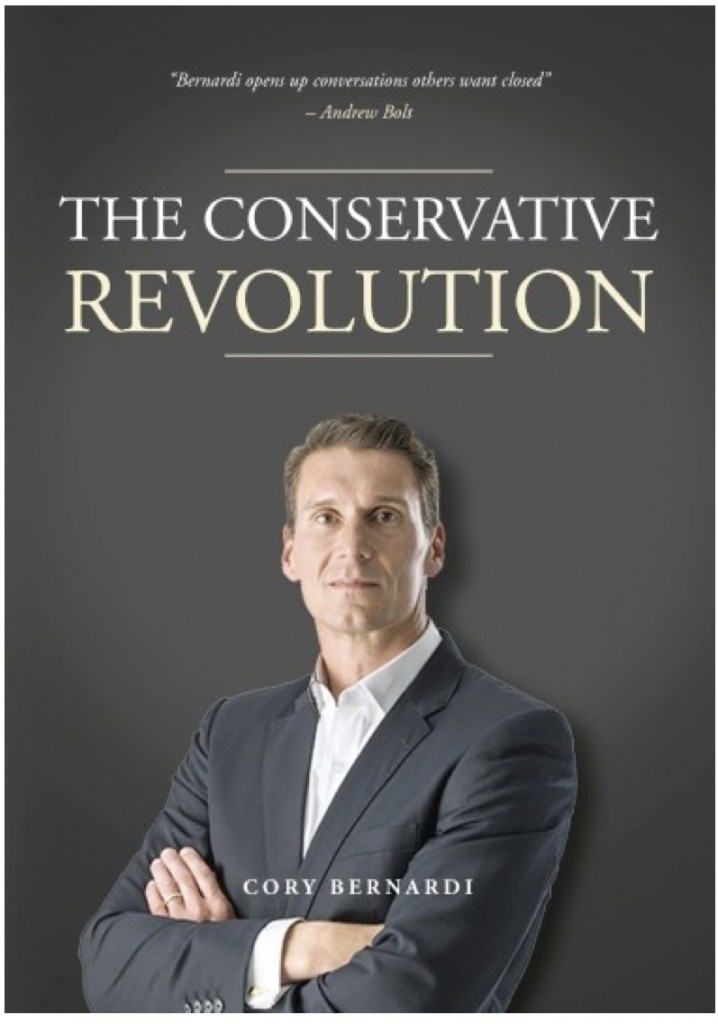Dear reader, we were going to bore you with the current state of political party fund raising in this country. But we can’t be bothered. If you require illumination on this issue please forward your correspondence to; ‘Golden Dawn, Prosperity and Investment make great Fund’, Party Headquarters, Beijing. And remember to put the sub heading, ‘Oceanic’, and ‘Australia’, or it’ll get misdirected to the other operation sub-wings in other parts of the Commonwealth. Of much more interest than democracies for sale is this fascinating exchange between our learned wordsmith Tony Emo and Ira Maine. In a word. Compelling.
Tony Emo begins;
‘Being chaps of letters (mainly consonants), I thought you might enjoy this essay: Simplicity or style: what makes a sentence a masterpiece? | Aeon Ideas. Quite rightly, Prof. Jenny Davidson focuses on the opening lines of books: after all, if the writer is to pull in the reader, it must be done right there and then. She mentions Edward Gibbon of ‘Decline and Fall of the Roman Empire’. In my view Gibbon remains one of the greatest stylists of the English language and I dip into his masterwork as much (or more) for his exquisite and economical language as for his unrivalled scholarship. It is full of insights and observations we should be drawing upon today.
Here’s how he introduces us to his magisterial work: “In the second century of the Christian era, the Empire of Rome comprehended the fairest part of the earth, and the most civilised portion of mankind. The frontiers of that extensive monarchy were guarded by ancient renown and disciplined valour. The gentle but powerful influence of laws and manners had gradually cemented the union of the provinces. Their peaceful inhabitants enjoyed and abused the advantages of wealth and luxury. The image of a free constitution was preserved with decent reverence: the Roman senate appeared to possess the sovereign authority, and devolved on the emperors all the executive powers of government. During a happy period (A.D. 98-180) of more than fourscore years, the public administration was conducted by the virtue and abilities of Nerva, Trajan, Hadrian, and the two Antonines.”
However, for me the introductory sentence that must capture everyone who reads it is surely the start of Gabriel García Márquez’ “One Hundred Years of Solitude”: “Many years later, as he faced the firing squad, Colonel Aureliano Buendía was to remember that distant afternoon when his father took him to discover ice…”
It works so well, first because f its sheer, imagination-snaring incongruity. Then one realises that Buendia, for whom the future means only annihilation, knows that his only reality he holds is the past – and what better than a half-forgotten moment of childish wonder and innocence!
Tony Emo.
Hmmmm, thoughtful stuff, And provocative material in light of Australia’s shining light in the oratory department Mr Corey Bernardii. But the reply is telling indeed, which gives an insight into the depth and breadth of our editorial department.. Read on… Please!
Emo, dear heart, Just in case I disagree with the learned Prof, or indeed agree with her so thoroughly that you literary rapscallions accuse me of taking the easy way out, I must mention an introductory line to a terribly well known bit of doggerelish prose overheard in the schoolyard of my youth.I remember being so struck, transfixed even, by the very idea that a statement might be made which seemingly means A, but then, in a splendidly happy transforming thunderflash, it dawns that words or statements can mysteriously be made to mean not just A, but B, or even C, or in the end, even X,Y, or even Zed!
I found this deeply and profoundly exciting and I remember laughing endlessly with the absolute brilliance of the notion.
Of course, I was in my 57th year at the time but, hey, I got there…
The line was: ‘…Fuck me…’ said the duchess, more in hope than in anger…
This was language far beyond anything I had encountered in the past and it proved to be a death sentence for comics. It was, at once, shameful, hilarious and involved the aristocracy! There was no going back. I have yet to read the Prof’s pronouncements, and will most assuredly confess myself disappointed should Dickens and Jane Austen be excluded.
Yours Ira.





